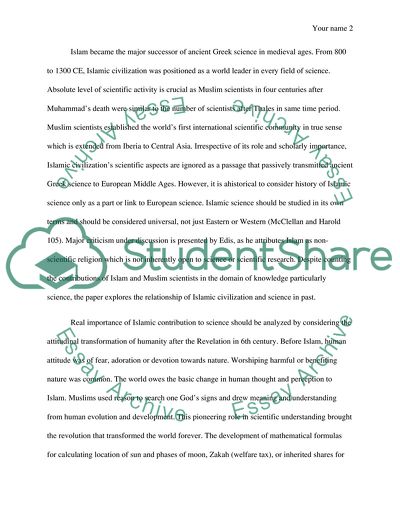Cite this document
(Islam: A Universal and Scientific Religion Term Paper, n.d.)
Islam: A Universal and Scientific Religion Term Paper. Retrieved from https://studentshare.org/religion-and-theology/1744100-islam-and-its-importance-to-history-of-world-civilizations
Islam: A Universal and Scientific Religion Term Paper. Retrieved from https://studentshare.org/religion-and-theology/1744100-islam-and-its-importance-to-history-of-world-civilizations
(Islam: A Universal and Scientific Religion Term Paper)
Islam: A Universal and Scientific Religion Term Paper. https://studentshare.org/religion-and-theology/1744100-islam-and-its-importance-to-history-of-world-civilizations.
Islam: A Universal and Scientific Religion Term Paper. https://studentshare.org/religion-and-theology/1744100-islam-and-its-importance-to-history-of-world-civilizations.
“Islam: A Universal and Scientific Religion Term Paper”, n.d. https://studentshare.org/religion-and-theology/1744100-islam-and-its-importance-to-history-of-world-civilizations.


